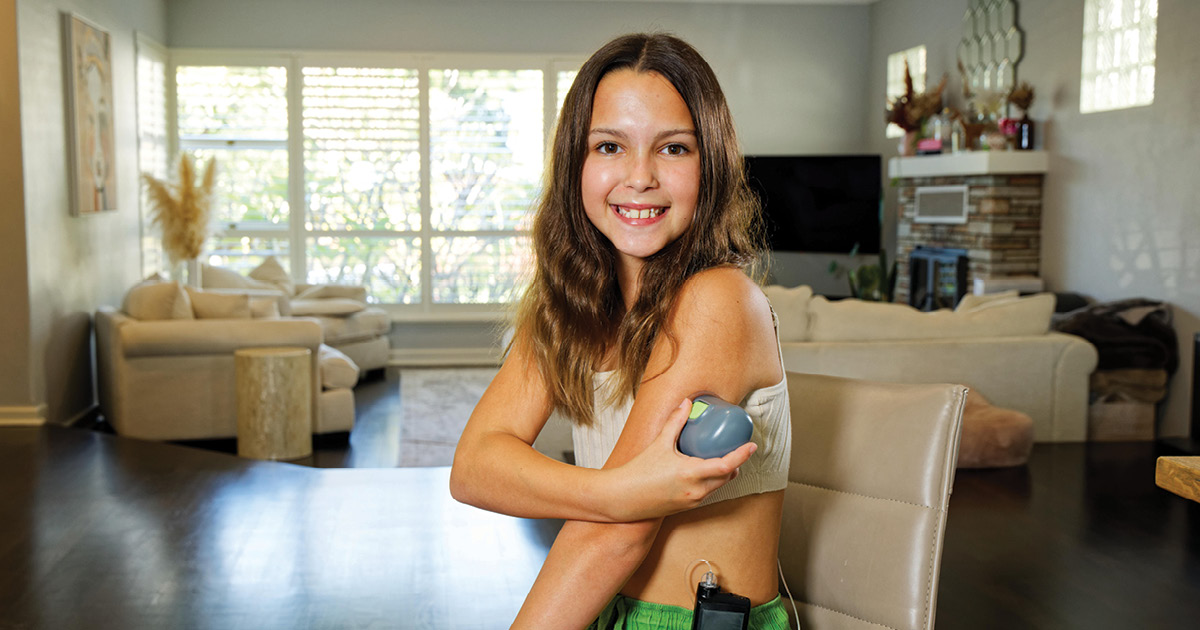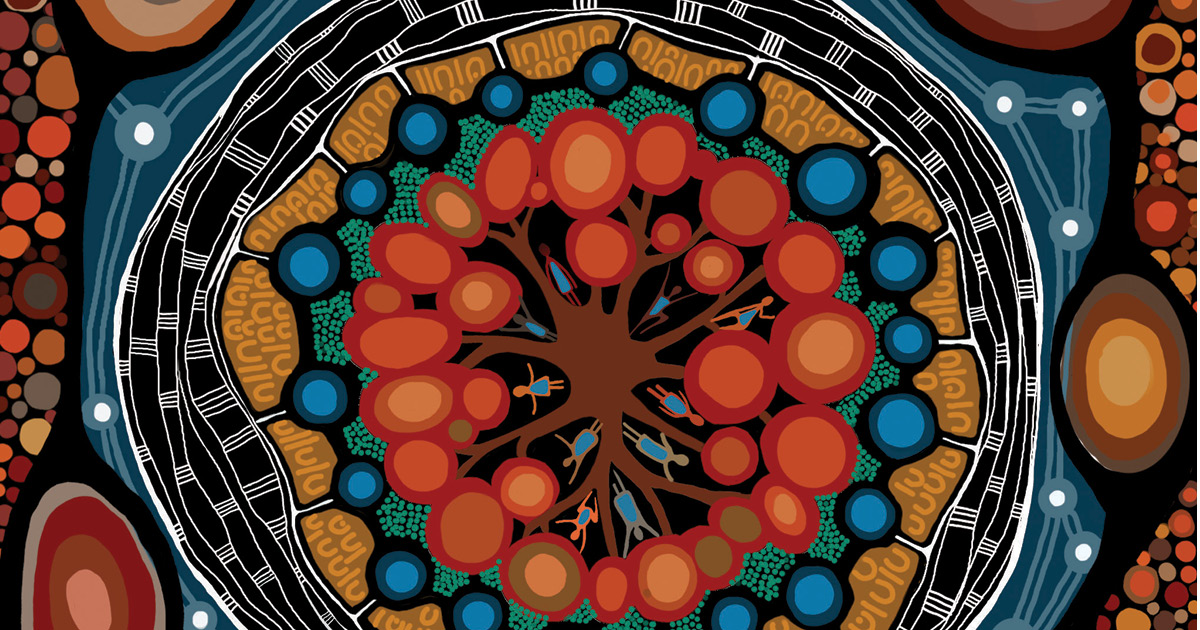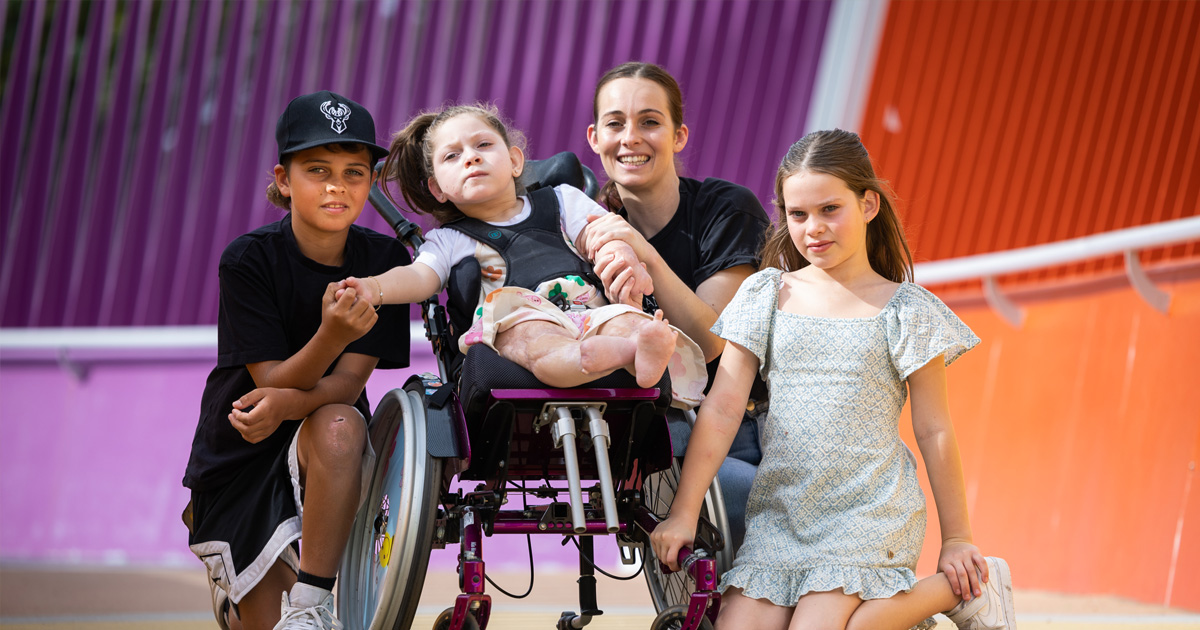Search

Imagine living with a condition that requires you to make approximately 180 health- related decisions every day for the rest of your life.

Life imitates art in a new project that seeks to entrench cultural safety for young Aboriginal and Torres Strait Islander people into WA’s mental health system.

At just six months old, Tahlea Dalgety was flown from Geraldton to Perth with a slim chance of survival after contracting meningococcal disease.
Research
Indigenous Capacity Building Grant (ICBG)This was a five year grant from the NHMRC to build research capacity in ten Aboriginal researchers
Research
Lung volumes, gas transfer and oscillometry after preterm birth: systematic review and meta-analysisSmall airway and lung parenchymal abnormalities frequently occur following preterm birth but are commonly missed by spirometry. Static lung volumes, diffusing capacity of the lung for carbon monoxide (D LCO) and oscillometry provide a more precise characterisation of these conditions. We hypothesised that differences in these measures exist between individuals born preterm and at term and we aimed to systematically review the literature to identify and quantify these differences in lung function.
Research
Characterising the SARS-CoV-2 nucleocapsid (N) protein antibody responseSARS-CoV-2 nucleocapsid (N) protein antibodies can be used to identify the serological response to natural infection in those who have previously received a COVID-19 spike-based vaccine. Anti-N antibody responses can also be induced by inactivated whole SARS-CoV-2 virus vaccines, such as CoronaVac. We aimed to characterise antibody responses to the N protein following COVID-19 and following vaccination with CoronaVac.
Research
Exploring variation in beach environments and physical activity by neighbourhood socioeconomic status in Perth, AustraliaBeaches are important settings for physical activity, with their quality (safety, amenities, aesthetics) influencing how well they support health. The quality of beaches may differ across neighbourhoods, with higher socioeconomic status neighbourhoods having disproportionately better access to beaches. This study examined the attributes of and activities taking place in beaches by neighbourhood socioeconomic status.
Research
The impact of immigration detention on children's mental health: systematic reviewThere are 117.3 million people forcibly displaced because of war, conflict and natural disasters: 40% are children. With growing numbers, many high-income countries have adopted or are considering increasingly restrictive policies of immigration detention. Research on the impact of detention on mental health has focused on adults, although recent studies report on children.
Research
Cohort profile: The WAACHS Linked Data StudyDespite the volume of accumulating knowledge from prospective Aboriginal cohort studies, longitudinal data describing developmental trajectories in health and well-being is limited.

A new rapid research funding model is translating into quick results.
